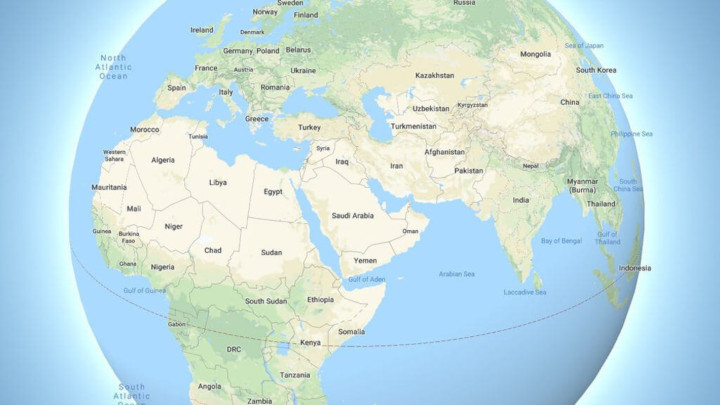Google Maps and Google Search Soon With Incognito Mode
During the I/O 2019 conference, Google announced the extension of incognito mode to other applications, which will allow more private use. This feature will soon appear in Google Maps and Google search engine.
1
Google is trying to change its image by proving that it is a company that cares about the privacy of its users. Last week we wrote about the fact that it will automatically delete the history of browsing and application activity (which should be already available) as well as user location (this option is to be introduced in the coming weeks). However, the Mountain View giant is not going to stop there. At the I/O 2019 conference, Google's CEO Sundar Pichai revealed plans to extend the incognito mode known from Google Chrome to Google Maps and the search engine (via Shacknews). Appropriate updates are expected in the coming months.

For the uninformed, incognito mode allows you to browse the web without leaving too much information behind, such as cookies, browsing history or search terms. It is true that some traces of our presence cannot be completely avoided, but at least they will not be linked to our account. Last year, Google decided to add a private feature to YouTube, and now it's coming for two others services.
Following recent scandals, such as the mismanagement of user data by websites and the introduction of GDPR in Europe last year, more and more attention is being paid to online privacy. Mark Zuckerberg, CEO of Facebook, stressed at the recent F8 conference in San Jose that "the future is private". On that occasion, Zuckerberg announced changes on the largest social networking website in the world. There are plans to introduce, among others, the option of publishing anonymous queries via an administrator or an improved messenger, more concerned about confidentiality. But to what extent are the actions of large corporations aimed at the effective protection of privacy on the Internet, and to what extent are they merely a smokescreen? We will probably find out if there are any more controversies in the future.
1

Author: Milosz Szubert
A film expert by education. Has been working at Gamepressure.com since January 2017. A fan of tennis, basketball, comics, good books, history, and strategic games by Paradox. Recently a self-taught Game Master (apparently he's quite good at it). For several years, he edited films on the Notatnik Kinomana channel on YouTube.
Latest News
- End of remote work and 60 hours a week. Demo of Naughty Dog's new game was born amid a crunch atmosphere
- She's the new Lara Croft, but she still lives in fear. Trauma after Perfect Dark changed the actress' approach to the industry
- „A lot has become lost in translation.” Swen Vincke suggests that the scandal surrounding Divinity is a big misunderstanding
- Stuck in development limbo for years, ARK 2 is now planned for 2028
- Few people know about it, but it's an RPG mixing Dark Souls and NieR that has received excellent reviews on Steam, and its first DLC will be released soon

